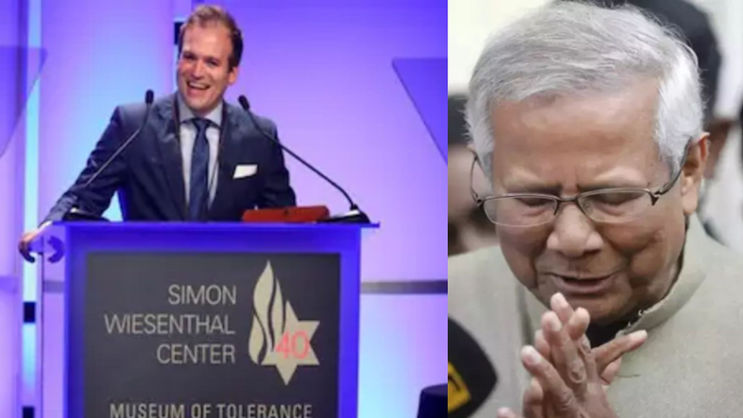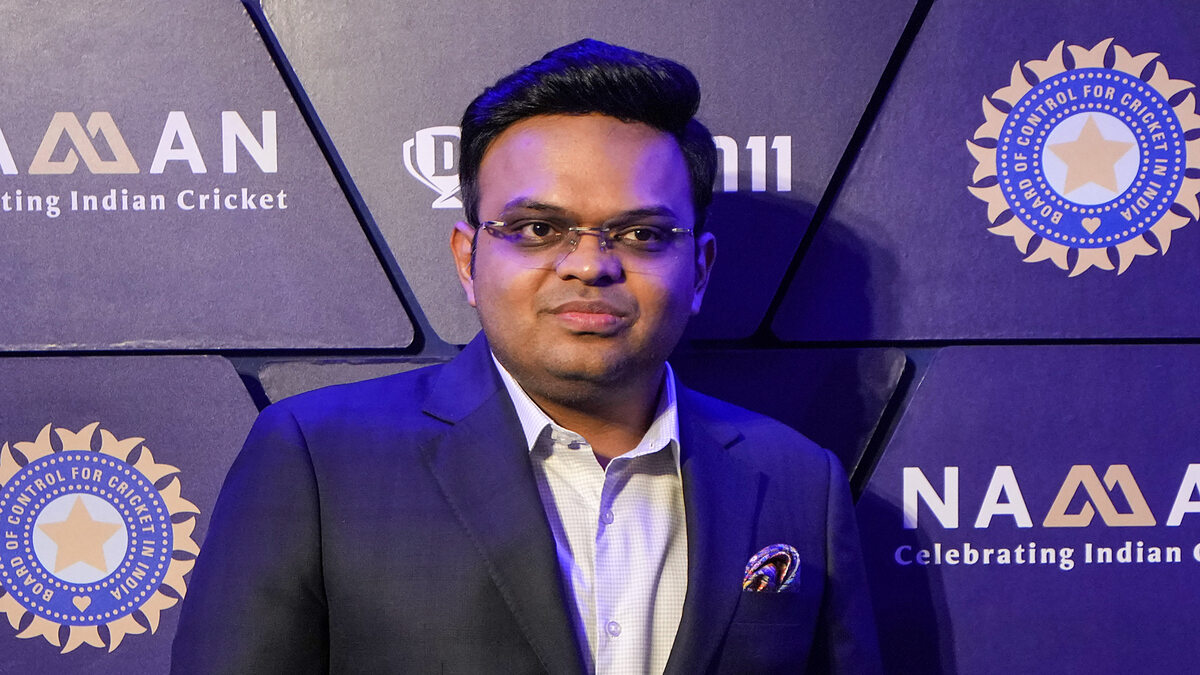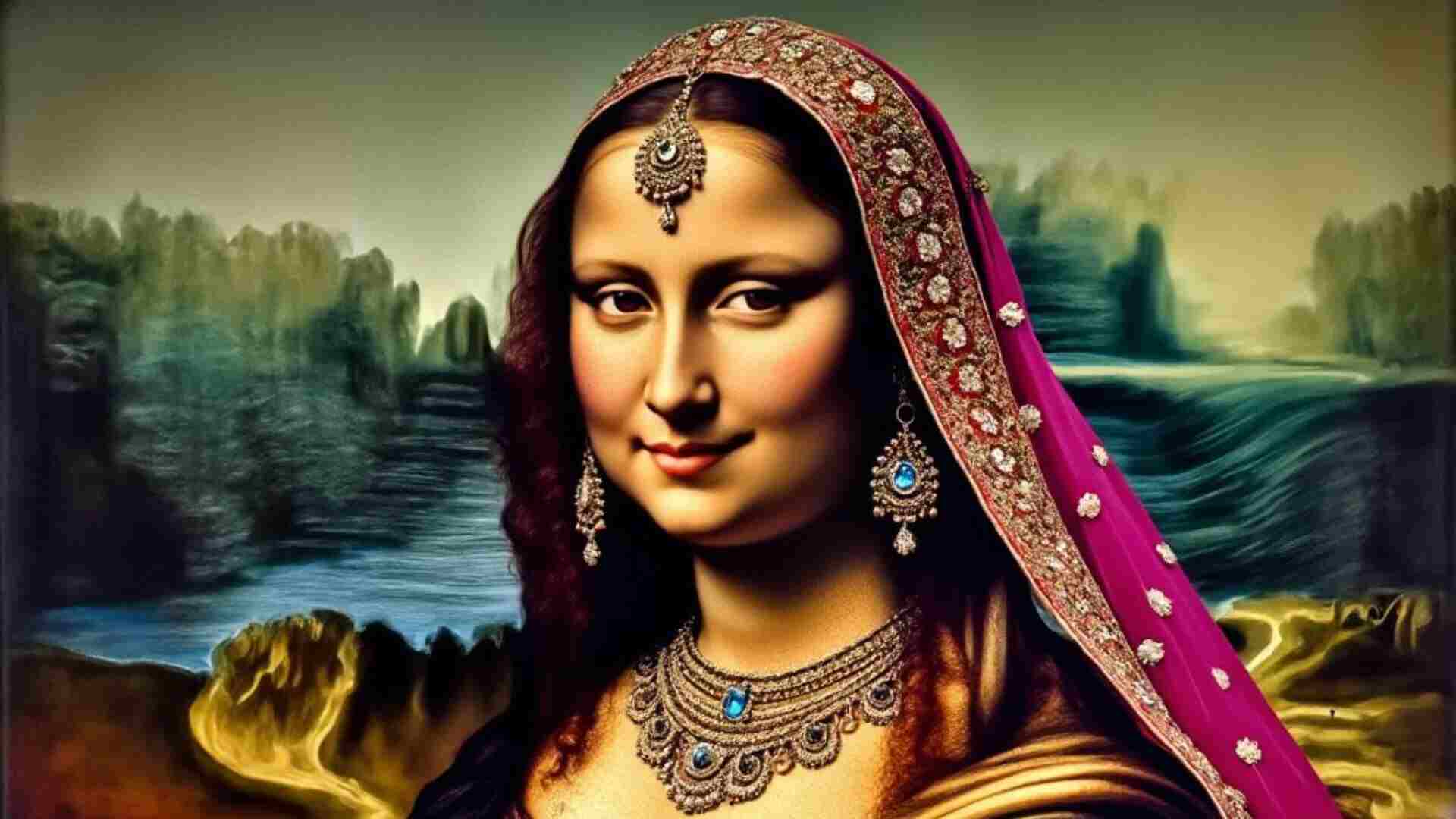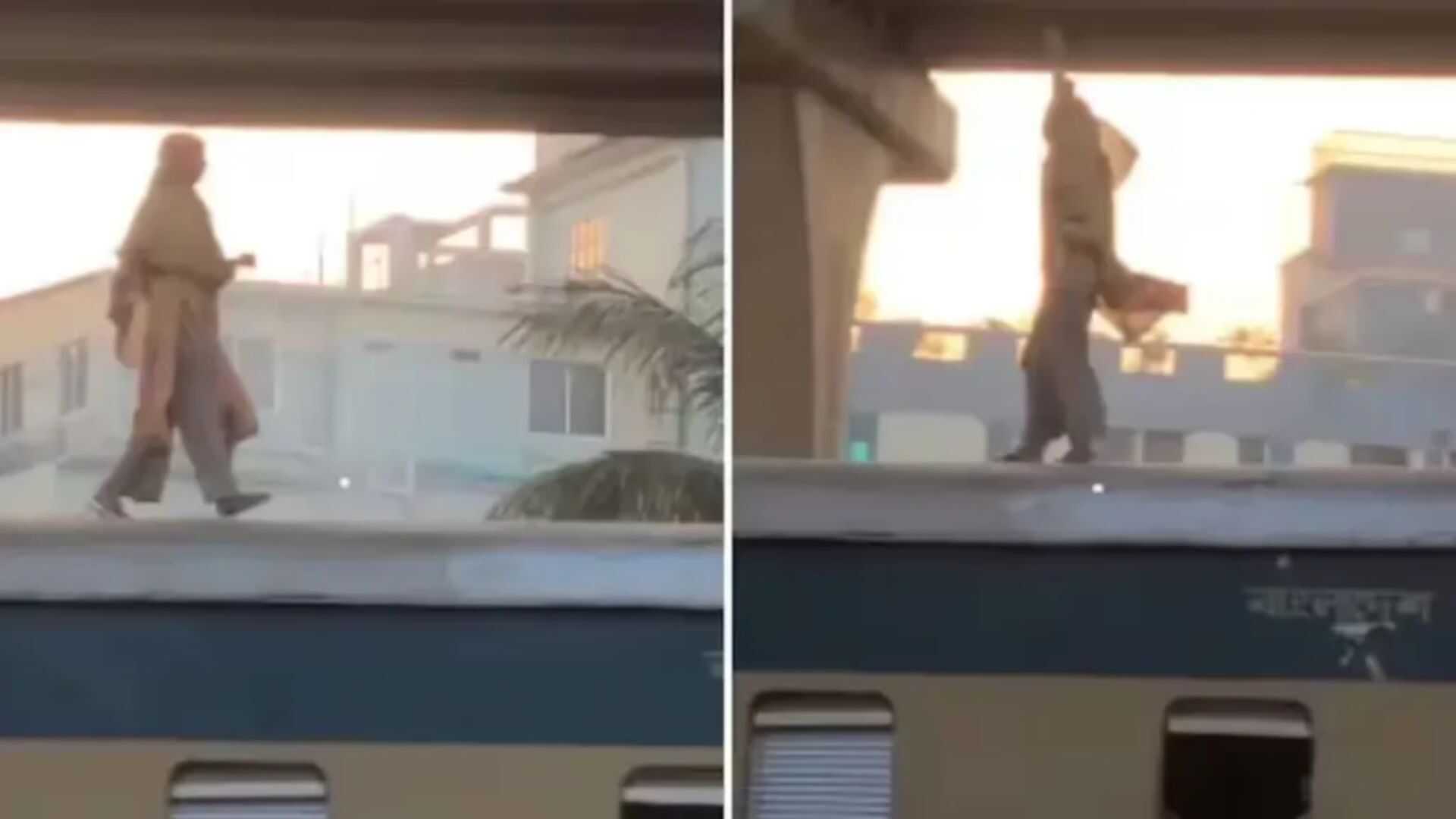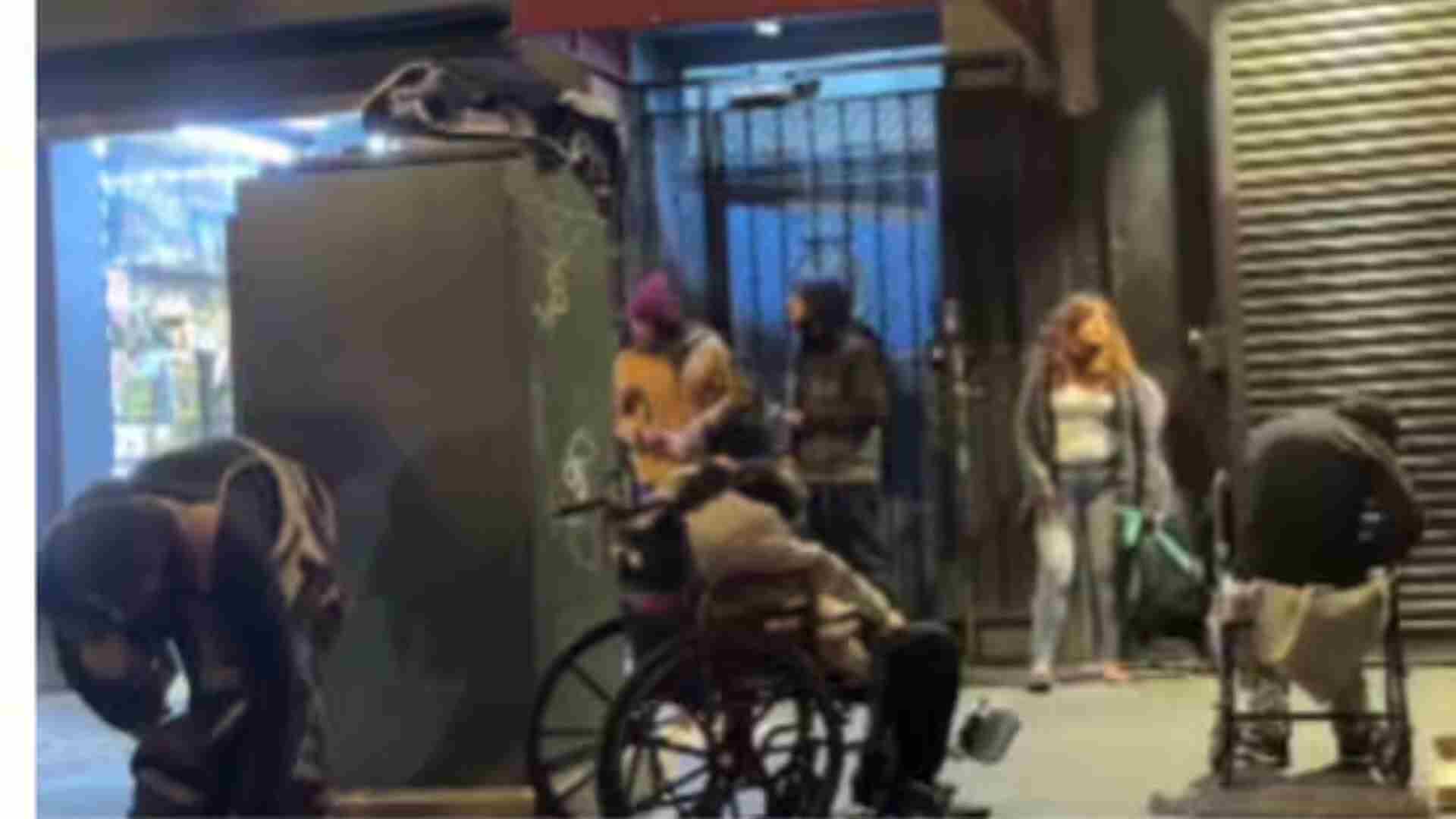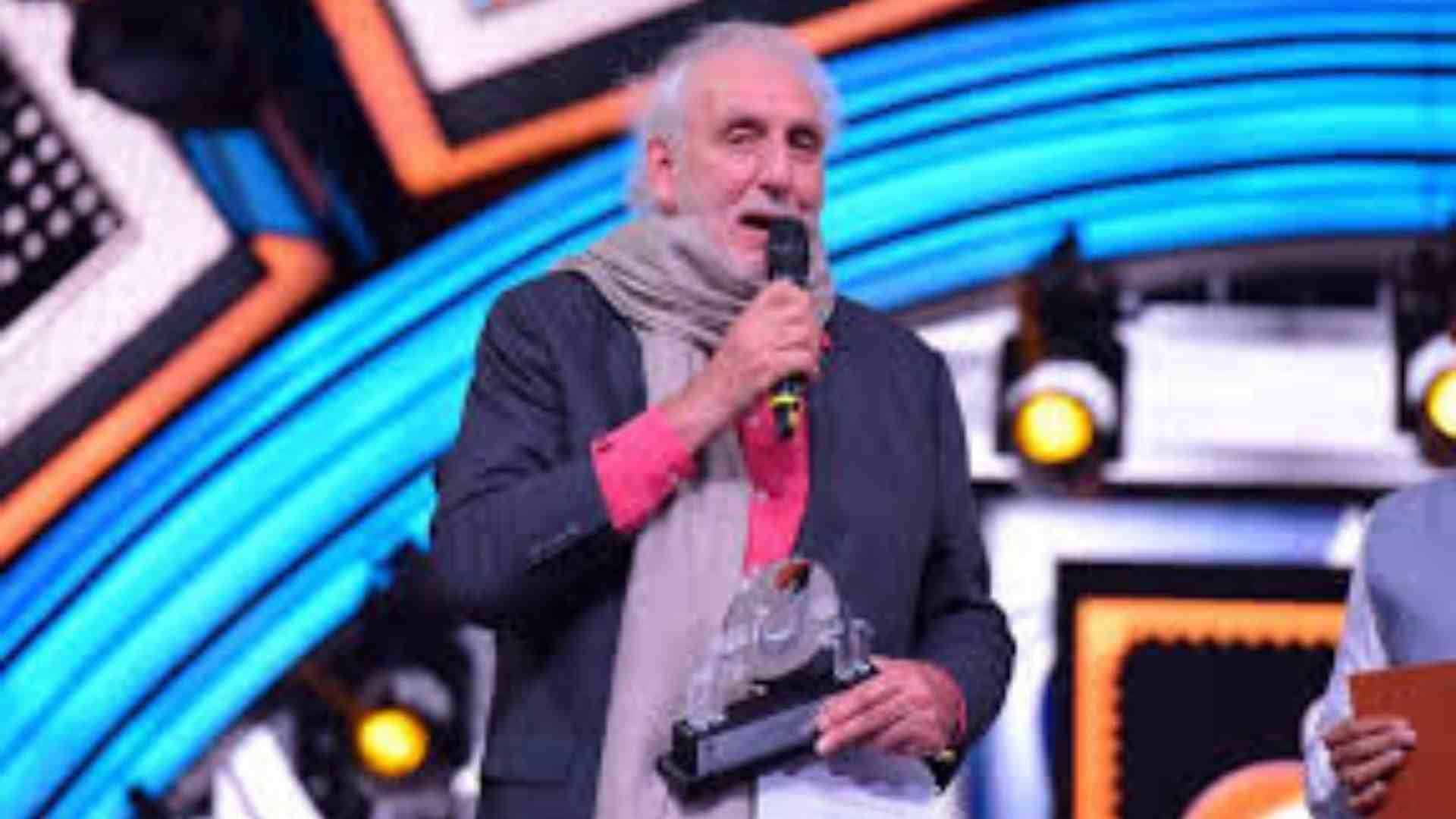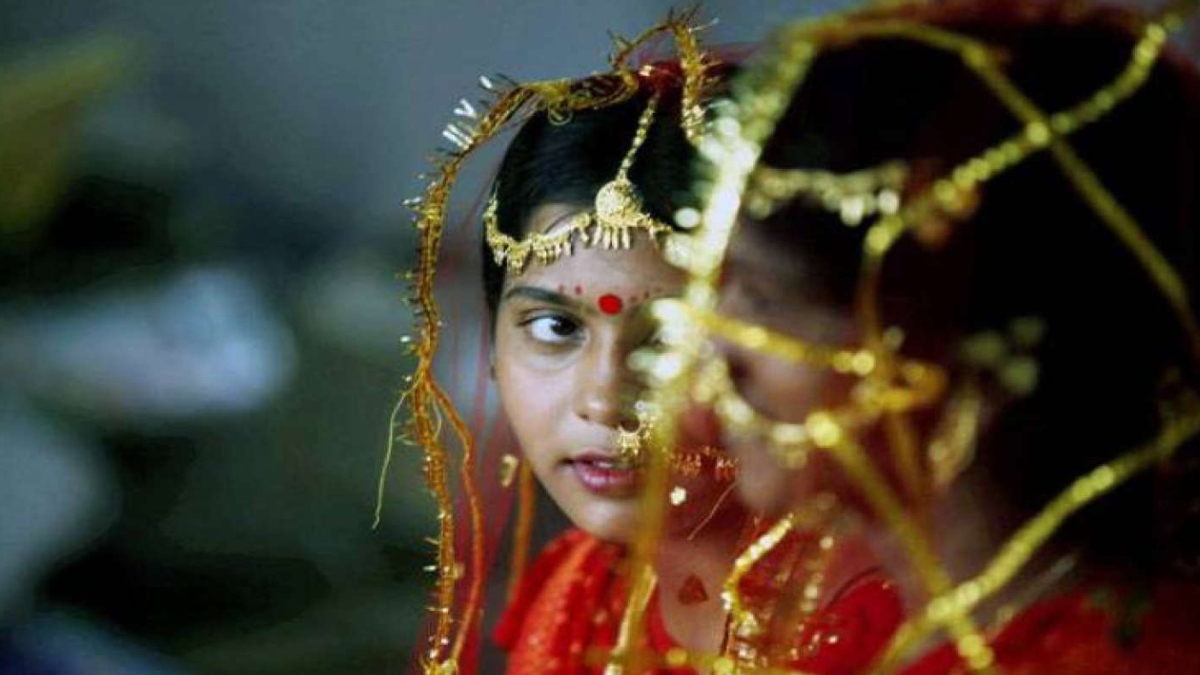
Developing societies like South Asia have been victims of structural social violence. The Indian visionary leaders have been fighting to overcome the social evils like child marriage and widow re-marriage for last more than two centuries. Raja Ram Mohan Roy fought against Sati-pratha, whereas Dayanand Saraswati’s Arya Samaj advocated compulsory education for girls up to 4th standard. Though a girl child in our society has scant control of her own agency, her choices and preferences usually conform to her family’s taste and norms, even in the 21st century. This is especially true in the case of young girls hailing from vulnerable families in South Asian society. Educational needs, care, and nurturing are considered of least importance among the vulnerable sections. These factors result in the early marriage of young girls that have serious implications for their future. The National Family Health Survey (NFHS-5) report of 2019-21 states that nearly 23.3% of women between the age group of 20-24 years have been married before they turned 18.
Several factors, such as blatant disregard for the girl’s consent, economic compulsions, and a lack of alternative economic opportunities for the child, contribute to the issue of child marriage among vulnerable families. In many instances, the child is taken out of the protection of her family and married off, with the parents being falsely promised a safe and protected environment for their married daughter. It has also been seen that, in most cases, coercion or threat is used to solemnise the nuptials. In recent years, it has been seen that there are rising instances of under-aged girls being trafficked under the pretext of gainful employment or education and being married off to older adults in South Asia and beyond.
For instance, in August this year, a 15-year-old girl from Chattisgarh was drugged and trafficked from her village in Champa district to Mathura in Uttar Pradesh, where she was sold for Rs. 80,000 for marriage. Following her rescue by ChildLine, it was discovered that the traffickers, who included a woman and two men, had assured her mother that their daughter would receive an education and gainful employment.Similarly, in May this year, a 14-year-old girl from Jehanabad district in Bihar was first drugged and trafficked from Patna and was then sold to a 19-year-old man for Rs. 1.7 lakhs for marriage. The girl was rescued following an inter-state operation involving Bachpan Bachao Andolan (BBA) founded by Nobel Peace Laureate Kailash Satyarthi, anti-human trafficking units (AHTU), police, and district child protection units (DCPU) of Bihar and Haryana. Shockingly, it was found that the marriage was solemnised on fake identity cards showing the false age of the minor girl.
These instances highlight the rising linkage of children being trafficked from their native places and then sold as ‘child brides’ in other places, at times trafficked overseas. Both child trafficking and child marriage are serious offences under the Indian Penal Code (IPC) and, moreover, child marriages have been prohibited under the Prevention of Child Marriage Act, 2006. However, the punishment prescribed for such activities fails to grasp the exact magnitude of the issue, especially the plight of the minor victims. The legal provisions are silent on the relief and rehabilitation of the innocent victims, who after being rescued face family and societal rejection and fall prey to further exploitation.
The trafficking of children from remote areas, especially from vulnerable families who see their young daughters as a financial liability, is a major menace growing in our society. It is time that we take cognisance of the issue as part of the ‘organized crime syndicate’ that runs the business for pecuniary benefits. As seen from the above two instances, both the cases of trafficking involved the exchange of money and victims were traded as ‘commodities’. This is an abominable activity that needs to be nipped in the bud as it poses a grave problem for society.
Globally too, the trafficking of children has become a highly structured and organised criminal activity in recent years, especially in South Asian states. For instance, in August 2017, a 16-year-old girl from Hyderabad was lured away from her mother on the promise of a job. The police, on investigation, found the girl had been trafficked to Muscat in Oman by her close relatives and sold to an Omani Sheikh as a child bride for Rs 5 lakh.
In another case from Hyderabad, the police arrested a man, Kaji Khan, who used to lure underage girls and sell them to visiting Arab Sheikhs for between Rs 3 and 4 lakhs each as child brides. Kaji Khan later turned an informer for Hyderabad police, and during one raid in a hotel, the police rescued a 14-year-old girl who was sold for Rs. 4 lakhs and married to a 62-year-old Arab.
In such cases, it is seen that underage girls are lured away from their parents and sold off as child brides. In many cases, girls are sexually exploited for commercial purposes and also face physical harassment. These child traffickers need means to transport children over a great distance and have a well-organized plan to execute their scheme that also involves the transaction of money, usually in cash. All these intricate networks are part of an organised criminal activity that generates a huge amount of ‘black money’ and poses a national security risk with international ramifications. ‘Black money’ gives rise to a parallel economy where minor girls are trafficked overseas for forced child marriage without even parental consent and then pushed into the sex trade. These networks are trans-national and defy the national boundaries in the South Asian region. A popular route for girl child trafficking in the region is from Dhaka-Murshidabad-Kathmandu to the Gulf region.
The government, therefore, must admit the rising relationship between child trafficking and child marriage and legislate appropriate laws and sensitization of the law enforcement agencies to prevent and stop the menace. In this context, the draft anti-trafficking bill pending before the Parliament must take a concrete shape and be enacted as an Act. In this context, the recent appeal by the Nobel Peace Laureate Kailash Satyarthi for a nationwide campaign against child marriage is a timely step to abolish the social evil from this region.
Professor Sanjay K Bharadwaj is a former Chairperson of Centre for South Asian Studies and Former Director, Energy Studies Programme, School of International Studies at Jawaharlal Nehru University.


